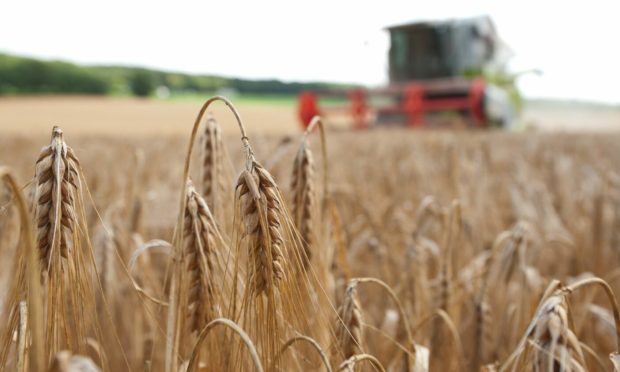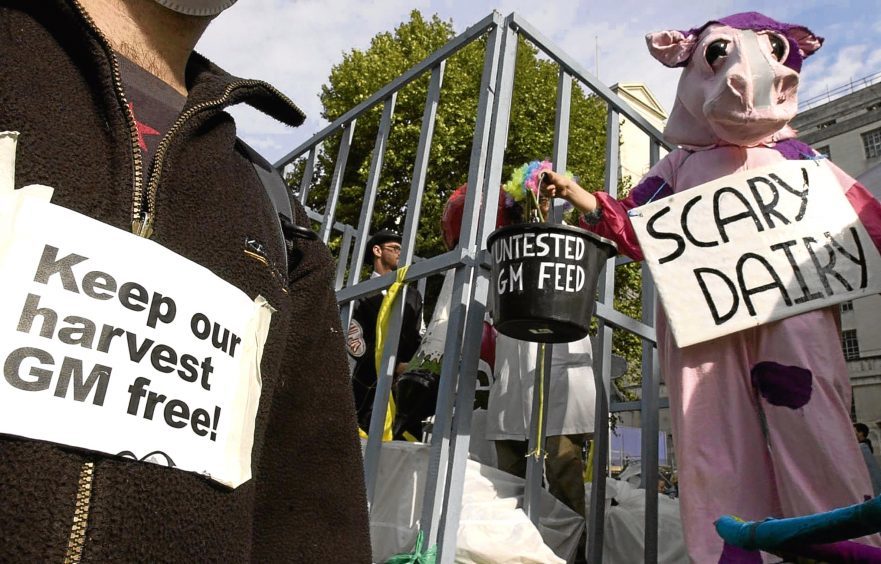Despite a summer that brought different parts of Europe extreme heatwaves and torrential rain the European Commission says these were sufficiently isolated not to have an impact on crop yields.
The Joint Research Centre (JRC) that monitors yields says the EU remains on course for an above average harvest; the UK is now excluded from these EU calculations.
While rain delayed the harvesting of some winter crops it did not affect the outcome. As a result the harvest is estimated at 5.65 tonnes/hectare against a July forecast of 5.67. This is six% up on the five-year average.
Wheat yields are forecast at 5.75 tonnes and barley at 4.9 tonnes. Potato yields are also up 5.5% on the five-year average at 34.8 tonnes per hectare.
The JRC report says pastures in some southern European countries and Scandinavia were affected by drought but that elsewhere they performed well.
And as the UK prepares to accelerate debate about the future of gene editing in agriculture the European Commission has approved 10 new GM maize crops for use as food.
However, because of complex voting procedures in the EU the odds are against this scientific advice ever being turned into crops grown in the ground.
For that to happen the approvals would have to secure a qualified majority from member states and that has proved impossible for years. Despite pressure to embrace science there are no signs of this stalemate changing.
By contrast the UK Government wants to explore ways to follow the rest of the world, rather than the EU. It sees this as a point of difference to be developed.
It is unlikely to venture as far as agreeing GM crops, but is likely to push gene editing. With this the genome of a species is altered while with traditional GM other species are introduced into the genome.
Lastly, the European Commission has agreed some relaxation of its blanket ban on the use of animal proteins in livestock feeds.
These restrictions were imposed at the height of the BSE crisis and while that threat has receded this remains a sensitive issue.
It has agreed protein derived from insects and pigs can be used in some non-ruminant feeds. Insect and pig derived protein will be allowed in poultry feeds and poultry derived protein may be allowed in pig feeds.
There will be strict regulations to prevent the risk of cross contamination into cattle feeds. The last case of BSE detected in the EU was in 2016. This policy change has been welcomed by the industry as a step on the road towards science based decision making.
- Richard Wright is an agricultural industry commentator.

